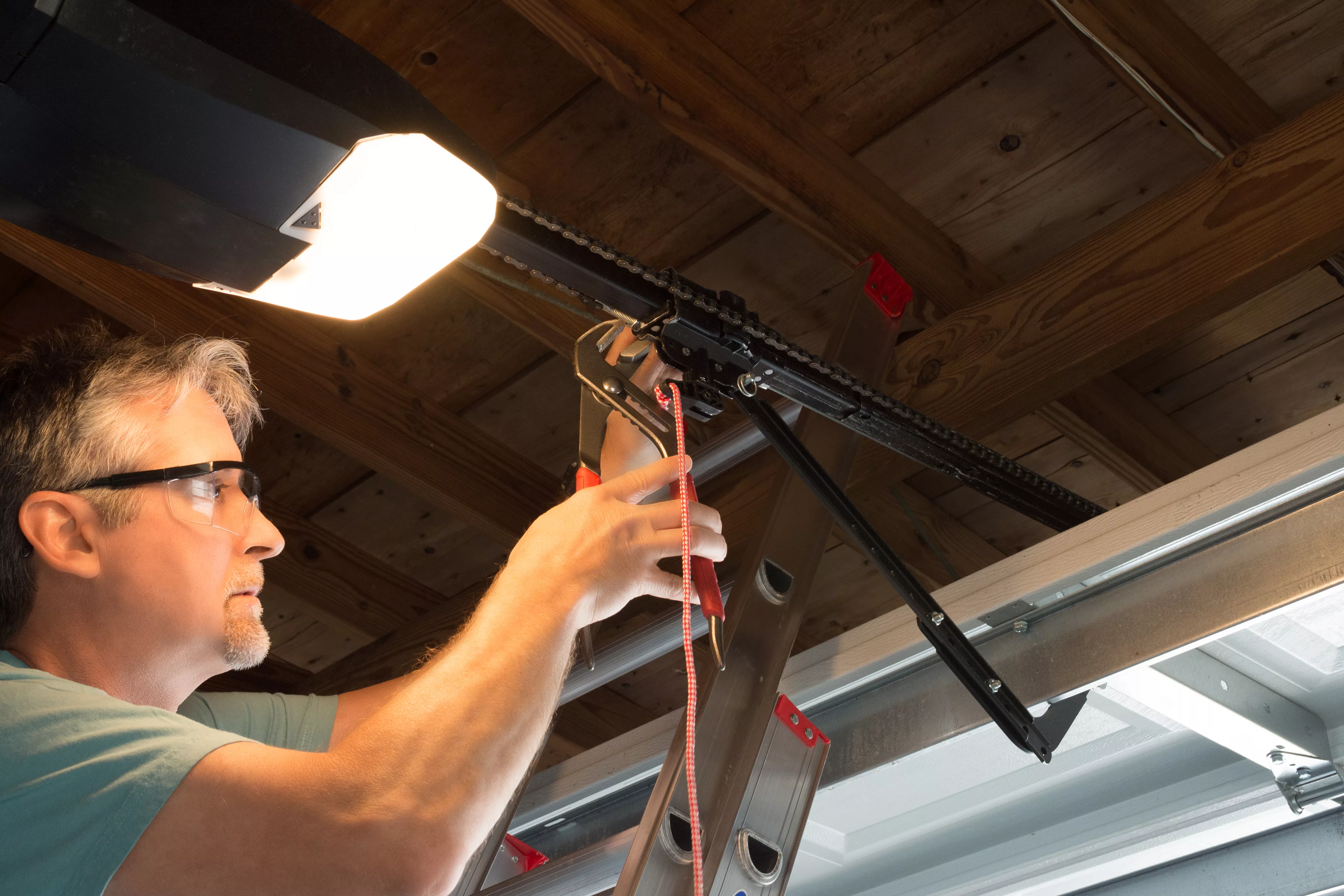Understanding Garage Door Opener Installation Costs

If you're considering installing a new garage door opener or replacing an old one, you might be wondering about the typical costs involved. The cost of a garage door opener installation can vary depending on several factors, including the type of opener, installation complexity, and additional features. Let's delve into what influences these costs and what you can expect when budgeting for this home improvement project. Factors Influencing Cost Type of Garage Door Opener: There are different types of garage door openers available, including chain-drive, belt-drive, screw-drive, and direct-drive openers. Chain-drive openers tend to be more affordable but can be noisy. Belt-drive and direct-drive openers are quieter but may come at a higher cost. The type you choose will impact the overall installation cost. Features and Technology: Garage door openers come with various features such as smart connectivity, battery backup, motion sensors, and remote operation. More advanced features often mean a higher price tag. Installation Complexity: The complexity of the installation can also affect the cost. For instance, installing an opener on a double-wide garage door or a non-standard door might require additional labor and materials. Labor Costs: Labor charges can vary based on your location and the contractor you hire. Complex installations or those requiring electrical work may cost more. Average Costs On average, the cost of installing a garage door opener ranges from $300 to $700, including both the opener unit and installation charges. Here's a breakdown: Chain-Drive Openers: These are typically the most affordable, ranging from $150 to $300 for the unit alone, with installation costs averaging around $150 to $250. Belt-Drive and Screw-Drive Openers: These are mid-range options, with the opener unit costing between $200 to $500, and installation typically ranging from $200 to $300. Direct-Drive (Jackshaft) Openers: These high-end models can cost between $300 to $600 for the unit and may require more specialized installation, which can range from $250 to $400. Additional Costs to Consider Remote Controls: Some garage door openers come with one or two remotes, but additional remotes or smart home integration may incur extra costs. Installation Materials: Depending on your existing setup, you may need additional materials like mounting hardware or electrical wiring, which can increase the overall cost. Professional Installation vs. DIY: While DIY installation can save money on labor, hiring a professional ensures safety and proper functioning. Factor in the cost of professional installation when budgeting. Tips for Cost Savings Compare Quotes: Obtain quotes from multiple contractors to ensure you're getting a competitive price for both the opener and installation. Consider Energy Efficiency: Investing in an energy-efficient model can save you money on utility bills in the long run. Maintenance Plans: Some installers offer maintenance packages that can extend the lifespan of your opener, potentially saving on future repair costs. Conclusion When budgeting for a garage door opener installation, it's essential to consider the type of opener, installation complexity, and additional features you desire. While costs can vary, a well-informed approach and clear understanding of your needs can help you navigate the process efficiently. By weighing these factors and seeking quotes from reputable installers, you can ensure a smooth and cost-effective installation of your new garage door opener.